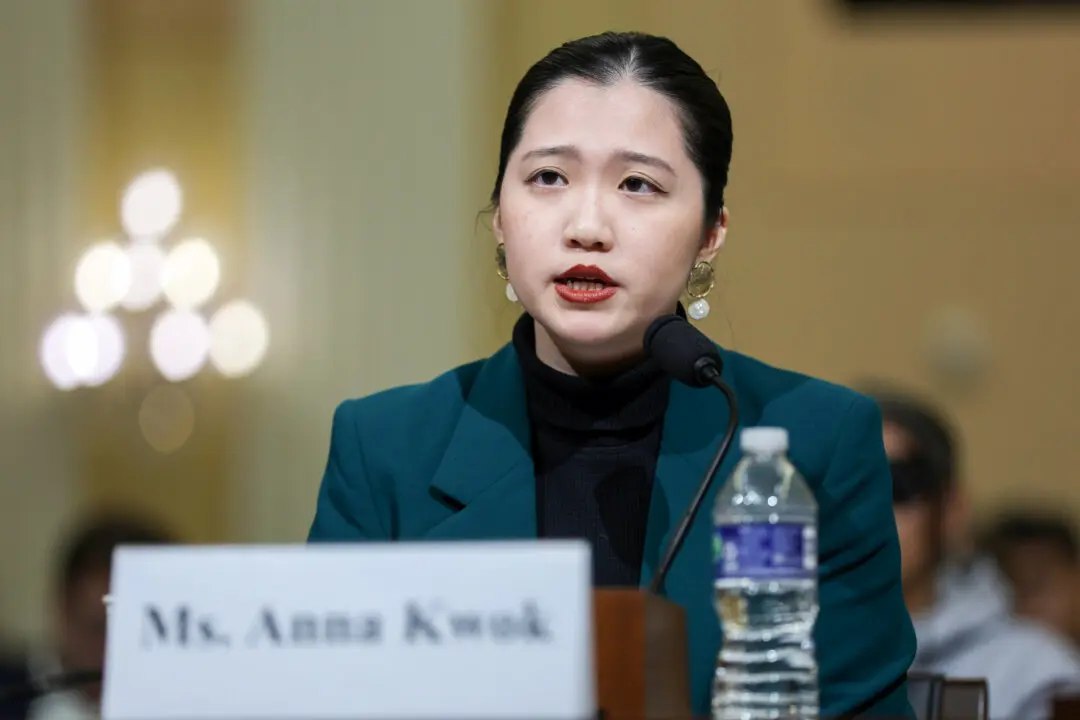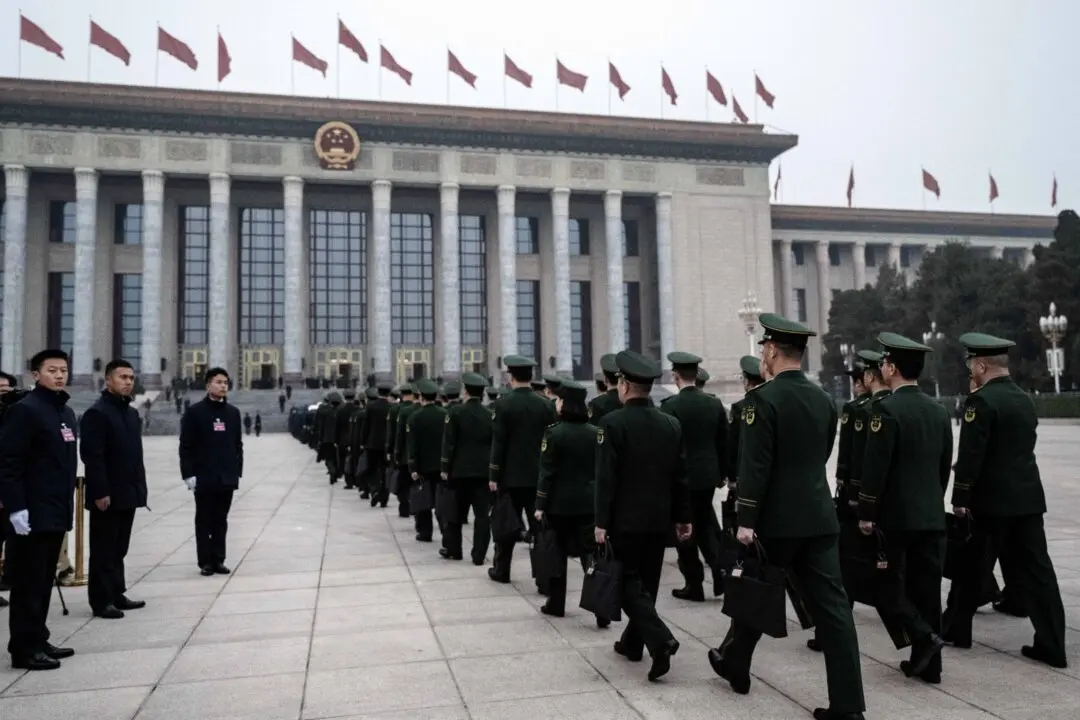Lawmakers from 10 countries and the European Union have brought forward proposals concerning a boycott of the Beijing 2022 Winter Olympics in light of the communist regime’s treatment of the Chinese citizens, primarily the Uyghurs, Tibetans, and Hong Kongers.
Over one million Uyghurs are believed to be imprisoned due to their race, language, or religion, contrary to the Olympic Charter, which stated the sport is “a human right“ that ”shall be secured without discrimination of any kind,” according to the resolution.
The 2008 Olympics held in Beijing “were accompanied by widespread tracking, arrest, and intimidation of foreign journalists and bloggers, as well as restrictions on movement of journalists,” said the statement.
Members who joined the resolution include Reps. Mike Gallagher (R-Wis.), Gregory Meeks (D-N.Y.), Michael McCaul (R-Texas), Jennifer Wexton (D-Va.), Young Kim (R-Calif.), Jim McGovern (D-Mass.), and Ann Wagner (R-Mo.).
The motion also called for the IOC to initiate an “emergency search process” for an alternative facility, supported by Siobhain McDonagh of the Labor Party, and Liberal Democrats Alistair Carmichael, Layla Moran, and Wea Hobhouse.
In the European Parliament, China’s treatment of the Uyghur people raised the question of whether the Chinese regime is still qualified to host the Winter Olympics next year.
“Has the Council had conversations with the IOC about what minimum human rights standards should be met for countries seeking to host the Olympics Games,” wrote Engin Eroglu, a member of the European Parliament (MEP), in a formal question.
The questions, which have not yet been answered, were co-signed by 20 cross-party MEPs calling on the European Council to reconsider representatives and EU Member States accepting invitations to the Beijing Winter Olympics, and questioning the EU firms acting as sponsors to the Games about the use of Uyghur forced labor.
Representatives of Canada, Germany, Italy, Czechia, Switzerland, Sweden, Denmark, Lithuania, and other EU members announced legislative initiatives for urging respective countries to decline the invitation to Beijing Olympics.
Uffe Elbaek, a member of the Danish Parliament said, “China is in the midst of its darkest period for human rights since the Tiananmen Square massacre. It’s important that democracies take every opportunity to stand up against human rights abuses whenever it’s given.”
Meanwhile, lawmakers have been more vocal about an Olympic boycott or venue change. During a congressional hearing on Monday, Rep. Chris Smith (R-N.J.) appealed to Secretary of State Antony Blinken, saying a diplomatic boycott of the Games would “not be enough when you put that side by side with a genocide to be going on simultaneously with the Olympics.”
Blinken stated that “we’re consulting closely with other countries ... to make sure what we understand what the common concerns are, and ideally to establish a shared approach.”




